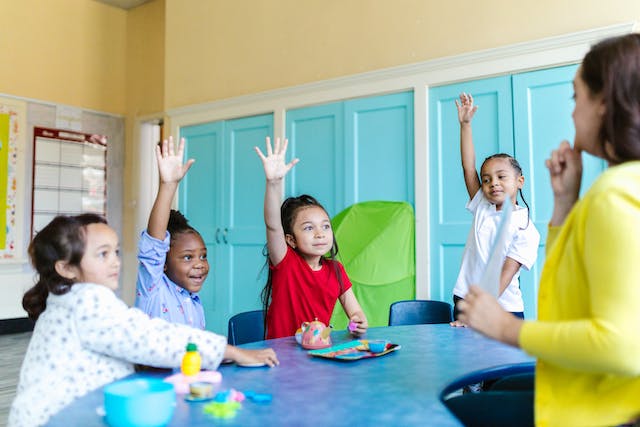Kindergarten marks the initial step into the formal education journey for many children. These foundational years are pivotal for cognitive, social, and emotional development. In this exploration, we delve into the significance of kindergarten programs, examining their key components and the lasting impact they have on shaping the educational trajectory of young learners.
Kindergarten programs serve as a crucial introduction to formal learning. These early years are designed to foster a positive attitude towards education, providing a nurturing environment where children can explore, question, and engage with the world around them. In addition to introducing basic academic concepts, kindergarten programs altona lays the groundwork for essential skills such as socialization, communication, and problem-solving.
Kindergarten programs are designed to promote holistic development, addressing not only academic skills but also emotional, social, and physical aspects. Through a balanced curriculum, young learners have the opportunity to develop motor skills, spatial awareness, and emotional intelligence. This holistic approach recognizes the interconnected nature of different developmental domains, ensuring a well-rounded foundation for future learning.

One of the primary objectives of kindergarten is to foster socialization skills. In a classroom setting, children learn to interact with peers, share resources, and collaborate on activities. These social interactions lay the foundation for developing empathy, cooperation, and a sense of community. Kindergarten becomes a microcosm where children navigate social dynamics and begin to understand the importance of communication and collaboration.
While the primary focus is on creating a positive learning environment, kindergarten programs also introduce fundamental academic concepts. Activities and lessons are designed to enhance early literacy and numeracy skills. Through games, stories, and hands-on experiences, children begin to grasp the basics of reading, writing, and mathematics, setting the stage for continued academic growth.
Kindergarten programs often embrace a play-based learning approach. Play is recognized as a powerful tool for cognitive development, allowing children to explore their interests, develop creativity, and enhance problem-solving skills. Whether engaged in imaginative play, building with blocks, or participating in group activities, children are actively learning while enjoying the process.
Kindergarten provides an early opportunity to introduce children to cultural diversity and inclusivity. Through stories, celebrations, and discussions, young learners begin to appreciate and respect differences in backgrounds, traditions, and perspectives. This exposure fosters a sense of global awareness and prepares children for an interconnected world.
Qualified and experienced teachers play a pivotal role in kindergarten programs. These educators understand the developmental milestones of young children and employ strategies that cater to diverse learning styles. Their guidance goes beyond academics, encompassing emotional support, encouragement, and the cultivation of a positive attitude towards learning.

Kindergarten programs often encourage parental involvement. Parents are viewed as essential partners in their child’s educational journey. Regular communication between teachers and parents helps create a supportive learning environment, where educators can share insights into a child’s progress, offer guidance for at-home activities, and address any concerns collaboratively.
Kindergarten serves as a bridge between home and formal schooling. The structured routines, exposure to academic concepts, and interactions with peers prepare children for the transition to more advanced grade levels. The experiences in kindergarten build confidence, instil a love for learning, and equip children with essential skills for future educational endeavours.





